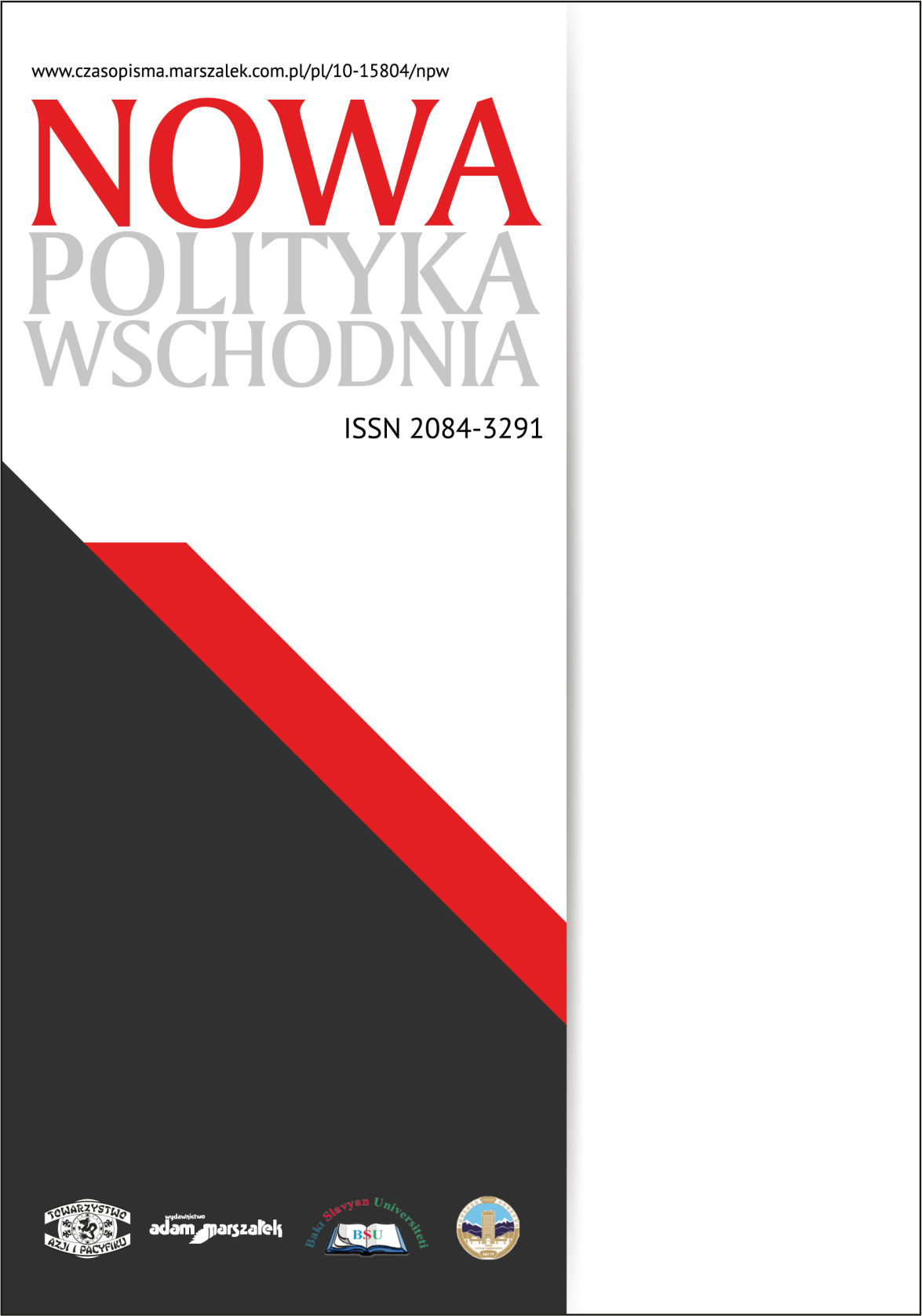
The Heart of Arabs. Emirati Songs for Egypt
Creating patriotic songs in the Arab countries is very common. They can represent different types of music, can be connected to special occasions or be created without them, just from the ‘need a heart’. The author of the article has been doing research on contemporary Egyptian patriotic songs for years. On the basis of her results, she has decided to divide all the analysed songs into the those created by Egyptians for Egyptians and in addition created by other artists for Egypt and its citizens. The job of the latter she calls ‘patriotic songs’ as well and divided them into two main groups which are connected with the way they identify themselves. The article presents the results of the analysis of selected songs released by United Arab Emirates’ artists for Egypt. The article’s author’s goal was to check the songs’ topics and which one of the previously mentioned groups they represent. She also mentions the figure of Hussain Al Jassmi, the most popular, in recent years, Emirati singer creating patriotic songs for Egypt. She analysed the songs on the basis of the songs’ topics and combined it with the contemporary relations between United Arab Emirates and Egypt while mentioning their origins historically. All of this allowed her to reach the conclusions presented in the article.
More...